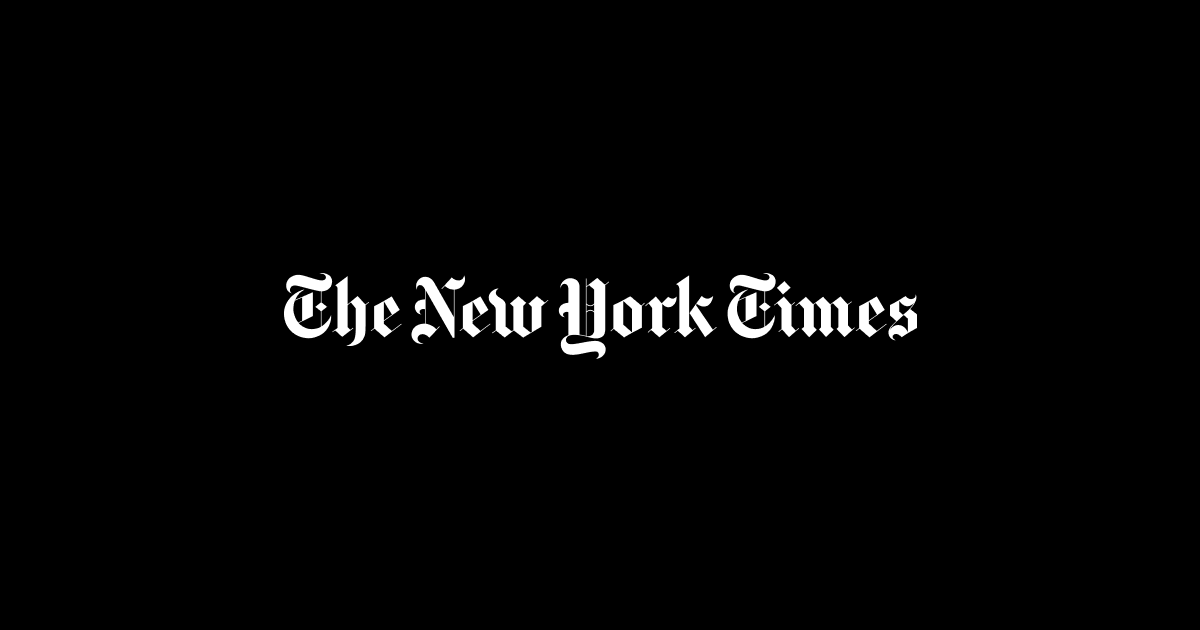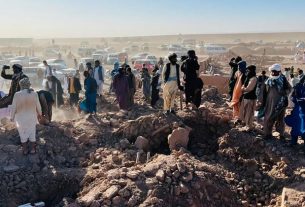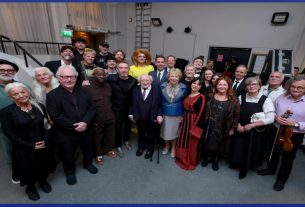WASHINGTON — There is one word that American officials are trying to avoid saying as they meet with African counterparts during the U.S.-Africa leaders summit in Washington this week: China.
President Biden and his aides do not want the nearly 50 African leaders attending the event to perceive that official U.S. interests on the continent are mainly driven by a desire to counter China, which has built enormous trade ties with African nations and is trying to grow its military and security presence in the region. Yet, in discussions on Africa in Washington, U.S. officials and analysts often mention China, and African diplomats say publicly that American commerce with Africa is anemic next to that of China.
People will be watching carefully to see whether Mr. Biden alludes to U.S.-China competition in the speeches he plans to make at various summit events on Wednesday and Thursday. He and Secretary of State Antony J. Blinken say China is the greatest long-term rival to the United States and the only nation with the ability and resources to try to usurp American power across the globe. They have also mentioned Russia as an important medium-term challenger and noted the destabilizing presence in Africa of the Wagner Group, a private military force with close ties to the Kremlin that has fought U.S. troops.
At a news conference in South Africa in August, Mr. Blinken said the administration’s Africa strategy was not centered on rivalry with China and Russia. But a White House document on Mr. Biden’s strategy in sub-Saharan Africa released the same day said the effort to strengthen “open societies” was partly intended to “counter harmful activities” by China, Russia and “other foreign actors.”
Mr. Blinken said in a speech that afternoon in South Africa that the U.S. strategy “reflects the region’s complexity, its diversity, its agency,” and “focuses on what we will do with African nations and peoples, not for African nations and peoples.”
The Biden Presidency
Here’s where the president stands after the midterm elections.
U.S. officials who work on Africa policy are aware of the brutal history of colonialism by European powers in Africa and do not want this week’s summit or other U.S. engagements with African nations to be seen as efforts to make those countries into pawns in a broader geopolitical struggle.
Mokgweetsi Masisi, the president of Botswana, said at the Brookings Institution on Tuesday that many African countries were wary of the intentions of world superpowers and sought to exert some agency over those larger nations’ policies.
“The world has not been extremely kind to Africa,” he said. “It’s almost as if the carving out and colonization of Africa assumed a new form without the labels of colonization — but some measure of conquest. And we’re trying to move away from that and engage so that they work with us and not on us and through us.”
On Monday, China’s ambassador in Washington, Qin Gang, said at a talk hosted by Semafor, a news organization, that Beijing was focused on its own interests in Africa, regardless of Washington’s concerns.
“We are not interested in the views of any other countries on China’s role in Africa,” he said. “And we believe that Africa should be a place for international cooperation, not for major-power competition for geopolitical gains.”
He also rebutted the frequent statements from American officials that Chinese state-owned companies give development loans to countries in Africa and elsewhere to lure those nations into debt traps.
“China’s investment and financing assistance to Africa is not a trap,” he said. “It’s a benefit. Over the past decades, China has provided loans to help Africa with economic and social development. Construction works are everywhere in Africa. You can see hospitals, highways, airports, stadiums.”
Mr. Qin even suggested China and the United States could find areas of cooperation in Africa.
“For example, in 2015, China and the United States together helped African countries like Liberia to fight against Ebola,” he said. “Several good economic projects in Africa are jointly participated by China, the United States and African countries. There’s a textile industry park in Ethiopia that is jointly sponsored, built and operated by China, the United States and Ethiopia.”



